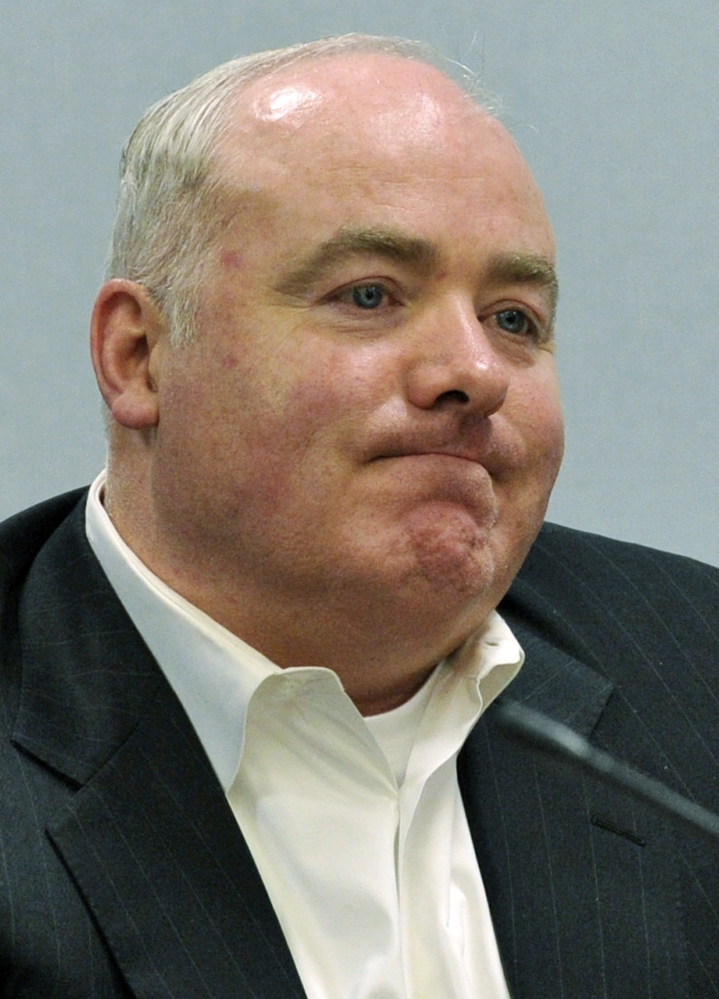HARTFORD, Conn. – A new book from Robert F. Kennedy Jr. is stoking the intrigue over the widely chronicled murder that his cousin, Michael Skakel, has been accused of carrying out with a golf club in 1975.
Kennedy argues Skakel is innocent, and his book points a finger at other people he says could have bludgeoned the girl to death.
“Almost nothing that the public knows about this case was true,” Kennedy said in an interview. “I think it would be impossible to read this book and still believe Michael is guilty.”
Prosecutors and the family of the victim, however, say the claims at the heart of Kennedy’s book already have been aired in court. In a statement, Connecticut’s Division of Criminal Justice said the book is “inflammatory and baseless.”
“Mr. Kennedy has no legitimate basis upon which to question the jury’s verdict,” the division said.
Skakel, 55, a nephew of Robert F. Kennedy’s widow, Ethel, was convicted in 2002 of killing his neighbor, Martha Moxley, in their affluent Greenwich neighborhood when they were both 15. He was sentenced to 20 years to life in prison. But a judge in 2013 ordered a new trial after finding that a defense attorney failed to adequately represent Skakel.
A ruling is expected later this year from the state Supreme Court on a request by prosecutors to reinstate the murder conviction. Skakel is free on bail.
At a court hearing earlier this year, Skakel’s appellate lawyer said jurors should have been told that Skakel’s brother, Thomas, could have carried out the killing. Thomas Skakel’s attorney has said his client had nothing to do with the slaying.
In the book released Tuesday, “Framed: Why Michael Skakel Spent over a Decade in Prison for a Murder He Didn’t Commit,” Kennedy makes a case that it was two visitors from New York City who killed the girl. The two men have never been charged.
Skakel attended The Elan School, a private boarding school in Maine, as a teenager. During his trial, former classmates at Elan testified that Skakel had confessed to them while at school. Elan closed in 2011.
Connecticut state authorities said much of the same information pointed to by Kennedy, including the claim that Moxley was killed by the two out-of-towners, had been brought out in court by a Skakel attorney’s cross-examination of witnesses.
“It is important for the public to know that these very same allegations have been thoroughly vetted in legal proceedings and found to be baseless,” the criminal division said.
Kennedy also argues in the book that Skakel was sabotaged by a family lawyer who worked with prosecutors because he held a grudge against the Skakels and that an investigator persuaded witnesses to lie on the stand.
Martha Moxley’s brother, John Moxley, said Kennedy’s research cannot be taken seriously because he did not regularly attend Skakel’s trial. He said the claims raised by Kennedy also have proven not to be credible.
Kennedy, a lawyer and environmental activist, has his own explanation for skeptics’ doubts.
“They haven’t read the book,” he said.
Send questions/comments to the editors.




Comments are no longer available on this story